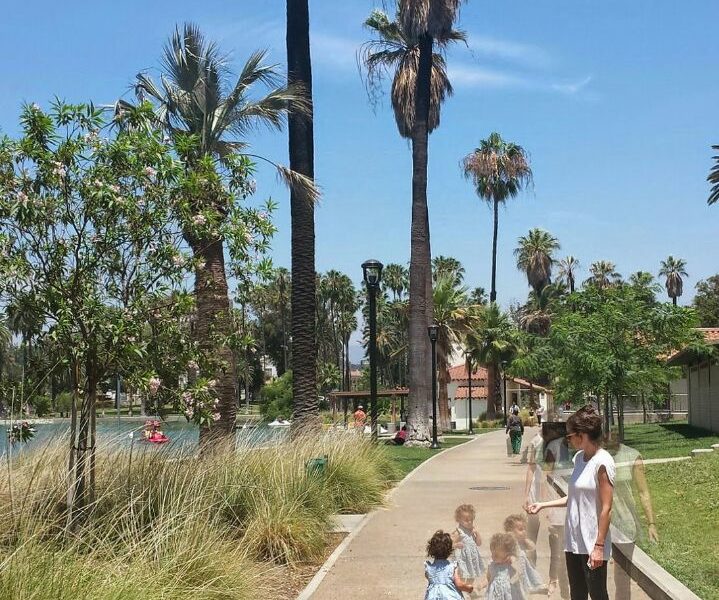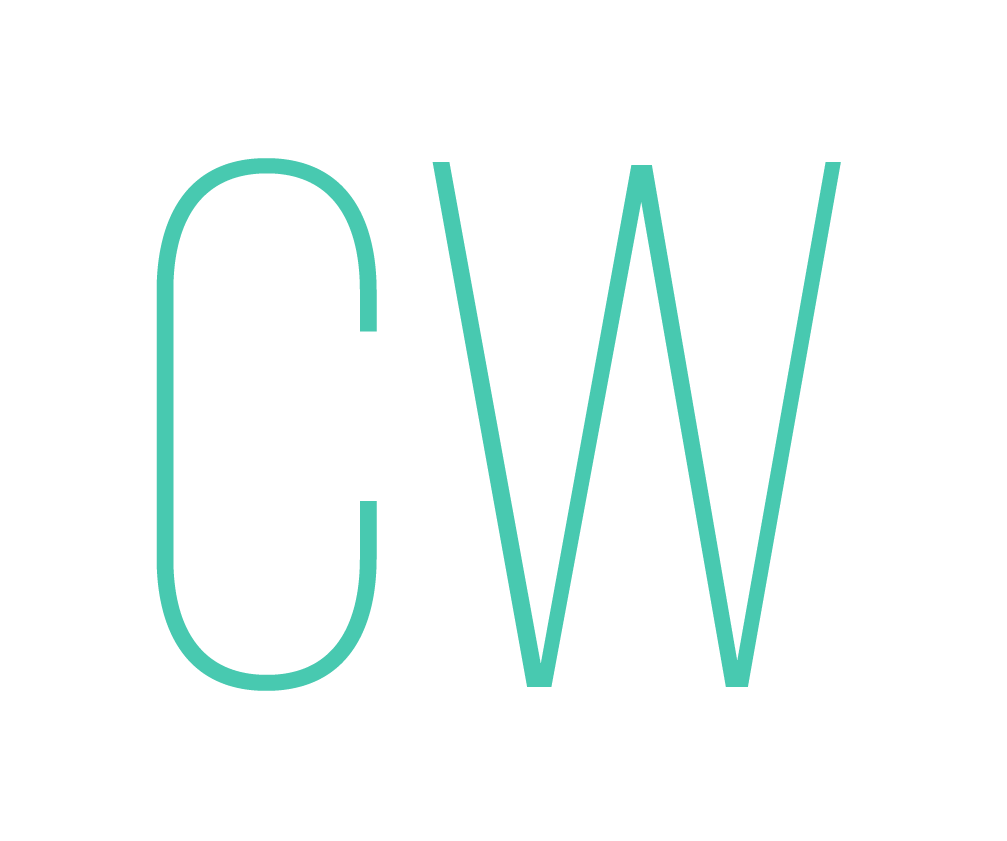Parent City by Ori Lenkinski

*Originally published in Hebrew in Haaretz
My first winter in Tel Aviv, I was hired to dance in a production of the Israel Opera. I rented an apartment right off Dubnov Park with two roommates I barely knew. I had my own bathroom, which considerably sweetened the deal. My commute to work lasted about four minutes and involved crossing the park, ascending the ramp into the sun-washed, white stone opera compound and, finally, descending a few steps to the artists’ entrance of the opera building.
I had recently moved from Brooklyn, where the shortest commute in my week was fifteen minutes by bicycle. For New York, that was very close and was even technically in the same neighborhood as my apartment.
Here, if I needed to jot home during one of our breaks, I could easily make it. I could pop back for an extra pair of socks or to have a quick lunch.
The cast of dancers of La Forza del Destino was relatively big (12 men and women) and made up of performers from all over Israel. Many of them are prominent choreographers and teachers today. We worked with a world-renowned choreographer to become a pack of gypsy whores in a rowdy tavern scene. Our part wasn’t big but we had a lot of laughs doing it.
I became close with a few of the other performers, one of whom was 19 and had just moved to Tel Aviv from Pardes Hanna. For him, Tel Aviv was “the big city”. He was confused by its complexities and size, thrilled by the freedom living on his own for the first time presented and a touch homesick. All of the things I had been when I, at 19, first moved to New York.
Walking back and forth to my place, which became a kind of pre-show hangout for a few of the dancers, he and I would talk about his perception of the city and how it differed from my own.
To this dancer, Tel Aviv was urban, loud and grey. To me, it was relaxed, easily-navigated and lush. We both loved our new home but our love stemmed from a different source.
Eleven years later, sitting on a picnic blanket in Dubnov Park, flanked by my new baby, a new friend and her new baby, I had a similar conversation, this time about the move to motherhood.
My new friend, a lawyer on an extended maternity leave, arrived at motherhood after years of morning-to-nighting it in an office. She explained the transition from legalese to baby talk so beautifully; that after all that time slaving over emails and answering to The Partners, maternity leave was like paradise. She could be at home in the middle of the day, take naps when her baby did and spend most of her time outside, playing in parks or strolling through the city.
When I became a mother, I came from the life of a freelancer. Both my professions, dance and journalism, are incredibly flexible. I was in and out of my house every day, spent hours in the studio with people I found inspiring and traveled abroad often. I could pop my laptop open literally anywhere and shoot off articles to my editor without ever setting foot in the newspaper’s office.
Recently, while preparing for a performance, one of the dancers in the piece said she was tired and had no energy for the show that evening. Another woman in the cast, a mother of two, looked at her and said, “for me, this is like a vacation.” Those hours before a performance, which were once stressful, now feel luxurious. We drink black coffee, chat, listen to music, leisurely warm up. It’s the kind of me-time I rarely get at home.
My professional life was where I found freedom. I was always in control of my schedule and could make spur-of-the-moment changes based on my mood.
Giving birth marked the moment I lost that freedom (temporarily). I could no longer come and go as I pleased. I couldn’t make my own schedule. I had another person to think of whose needs were more immediate and more important than my own. My maternity leave was the time in my life when I worked the hardest.
Listening to my friend talk about her experience, I was reminded of those other conversations in Dubnov Park, the ones about Tel Aviv.
Perhaps parenthood is a place that you can only see through the lens of where you came from.
